June 4 is the Day of National Unity, commemorating the signing of the Treaty of Trianon that ended World War I. Some voices claim this issue is no longer relevant and it’s not worth dealing with events that affected the entire Hungarian nation. Why does this national day of remembrance still hold special importance in the government’s nation policy?
We usually refer to it as the Trianon diktat, one of the greatest historical tragedies of the 20th century for Hungary: the country lost two-thirds of its territory and a significant part of its population. Since then, many Hungarians — including the ancestors of many alive today — have been forced to live in foreign countries.
This is a national tragedy. We became a world nation without wanting to be.
The past 100 years have shown that even after all this time, Hungarians remain strong, and we are working to ensure it stays that way. The Day of National Unity is so named because while we mourn what we must, we also draw strength from what we’ve achieved in the past century.
It is an incredible achievement that Hungarians remain the largest nation in the Carpathian Basin — we live, we have institutions, and we are economically strong enough to take responsibility for Hungarian communities beyond our borders.
Over the past 15 years, the national government has built a homeland that every Hungarian can rely on — whether they are in trouble or simply wish to return home. On this day, we also celebrate that we are of one blood and belong together, and this gives us strength in our daily lives.
Influenced by Western ideologies, there are some young people who identify more as cosmopolitans and feel detached from national values or from the legacy of Trianon. How can they be engaged in the national community?
For young people, the Without Borders program guarantees that by the time they graduate, they will have visited a Hungarian community abroad. Thanks to government support, 45–50,000 students travel each year to these regions, even if their families couldn’t take them. We think it's important to show — through films, performances, and school lessons — the impact Trianon had on the nation.
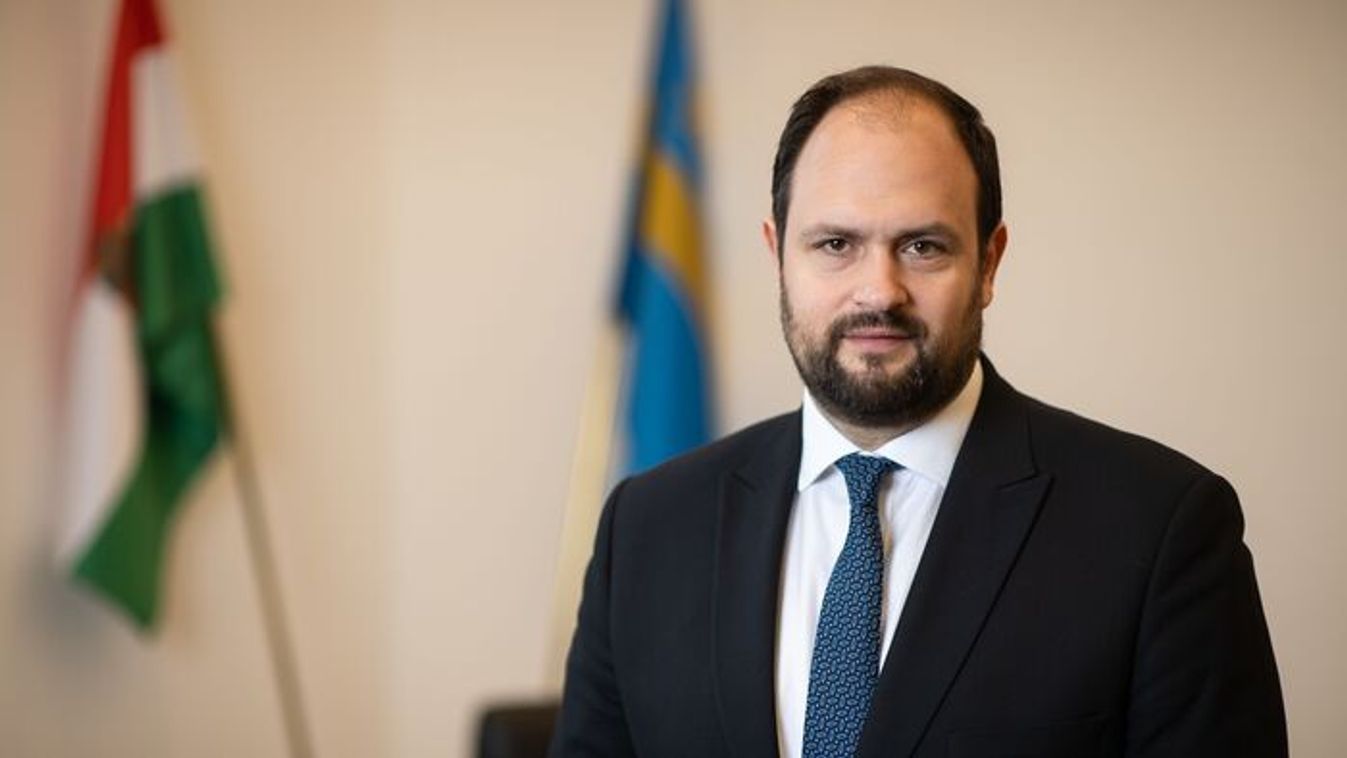
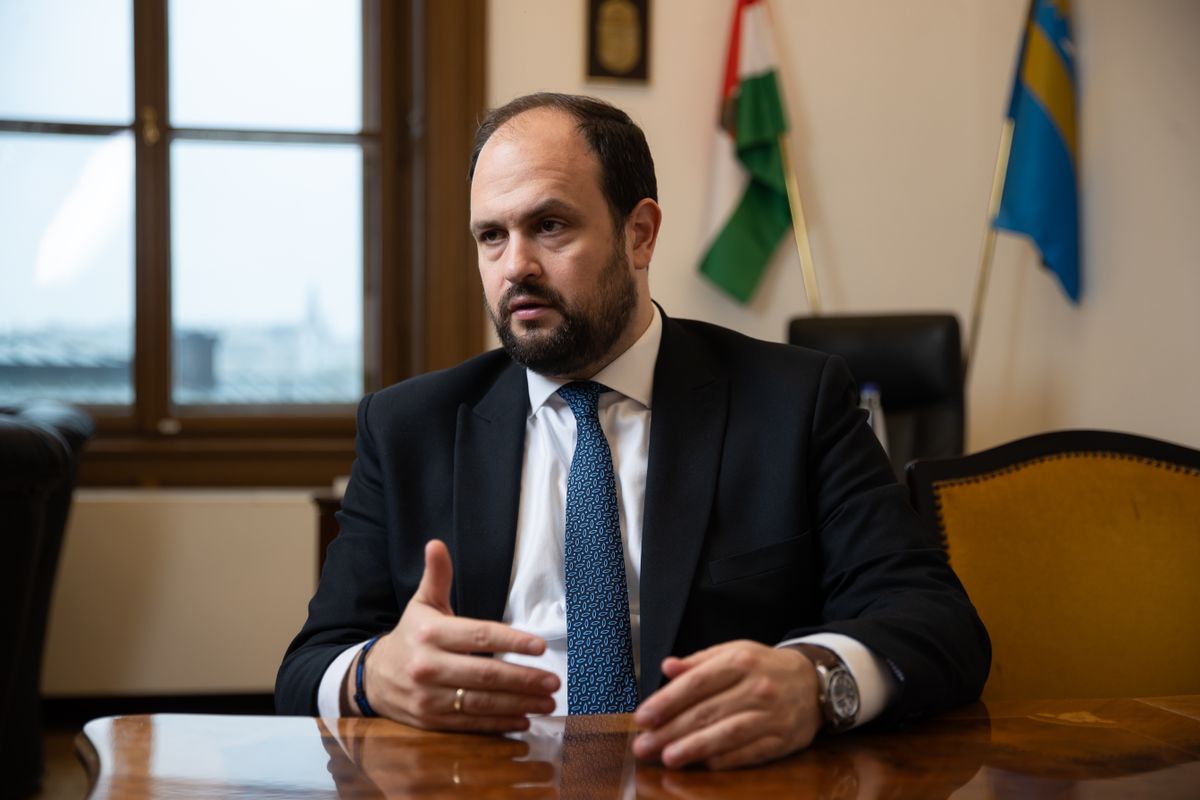
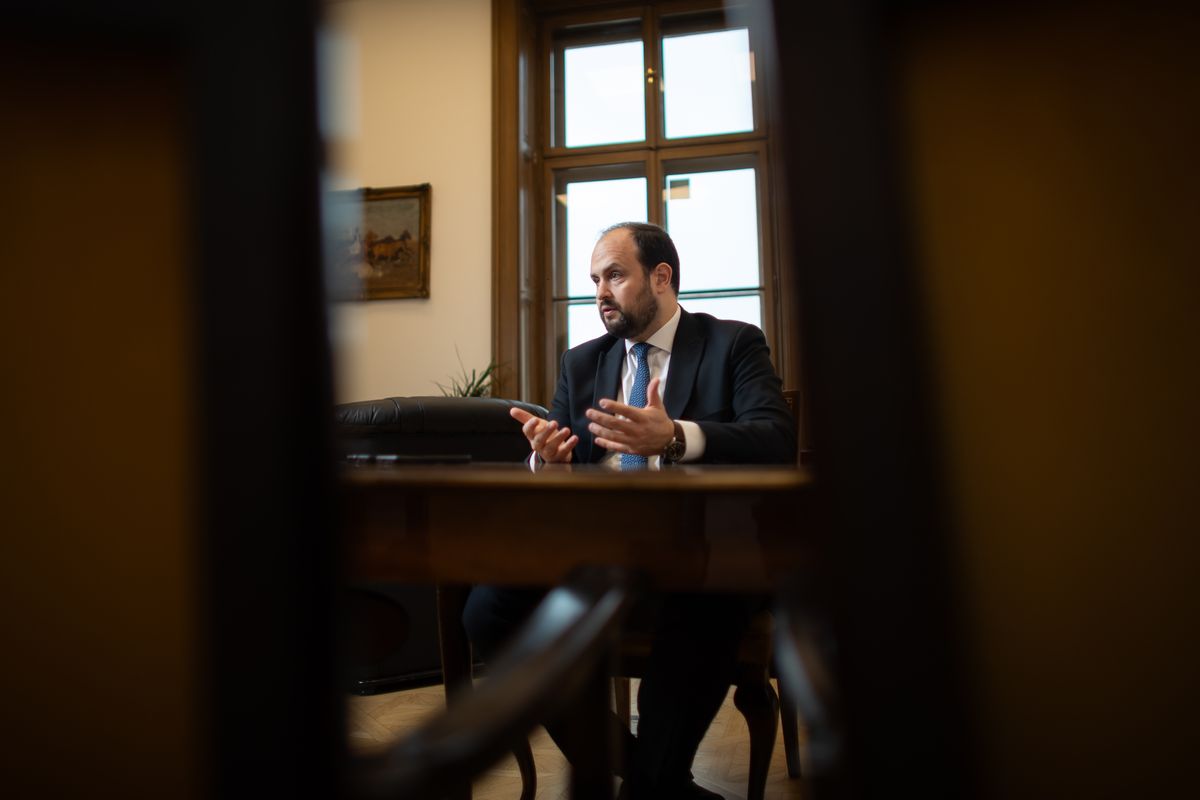
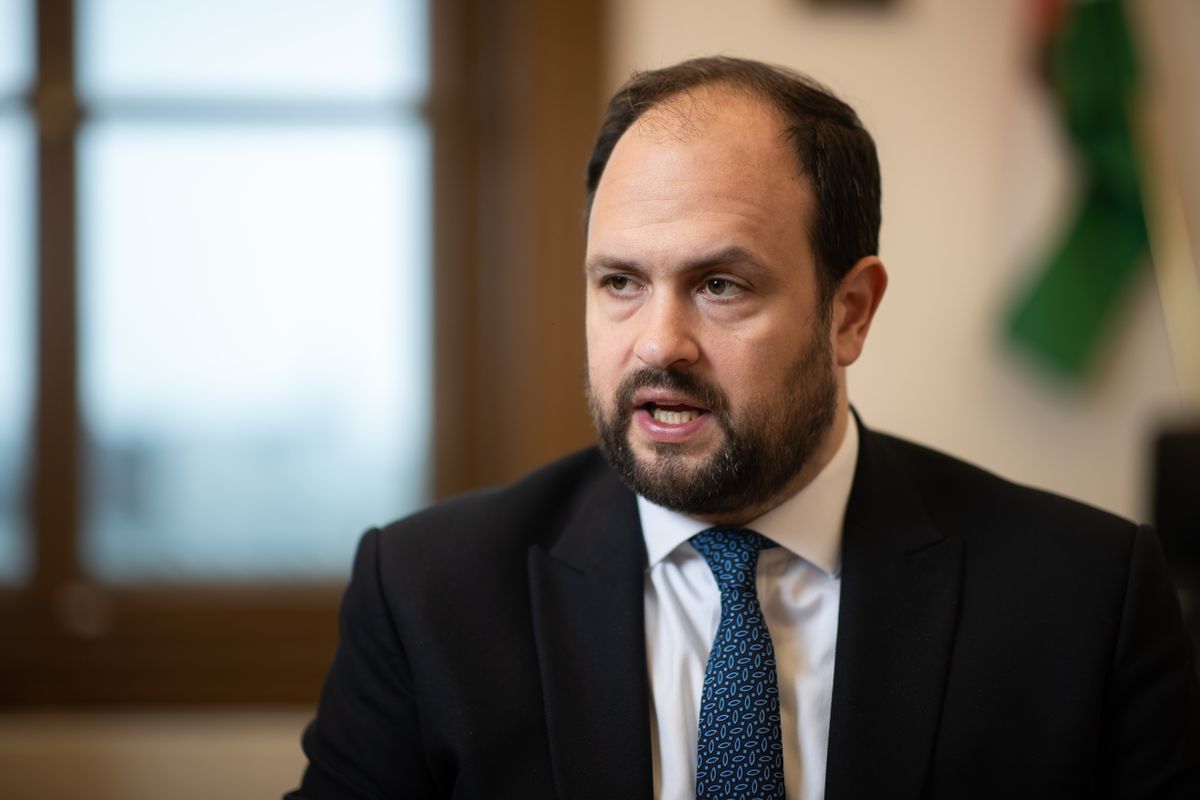
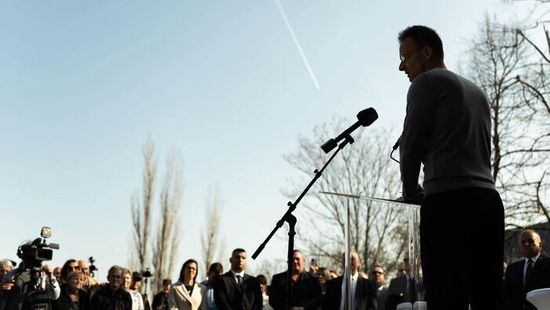
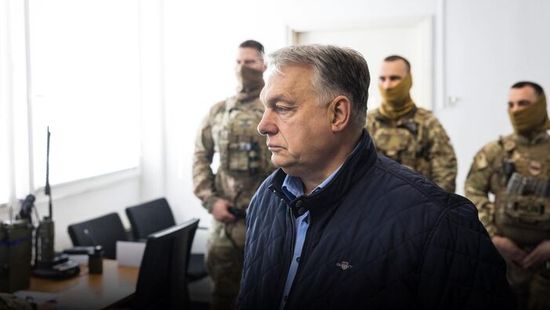

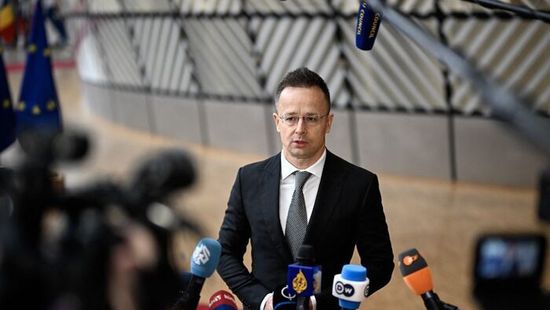

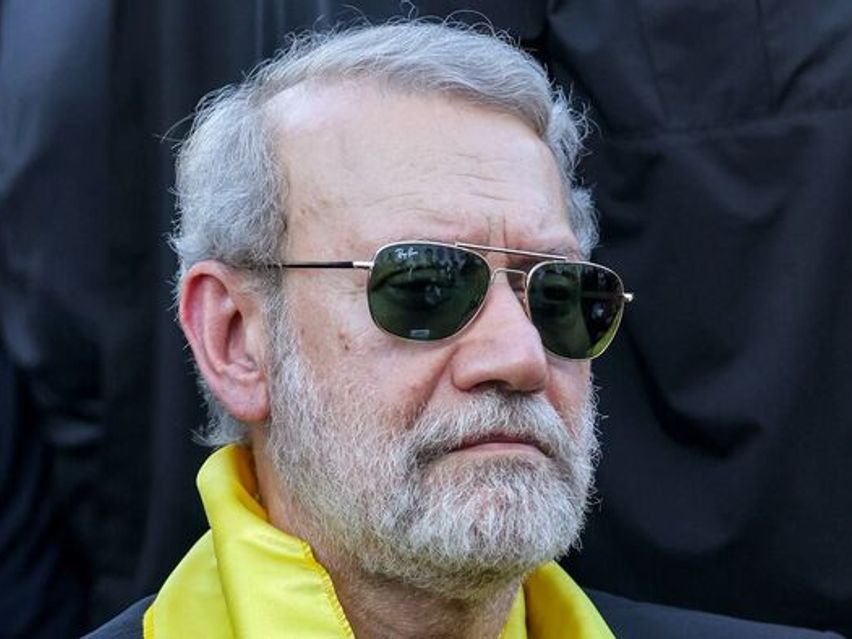
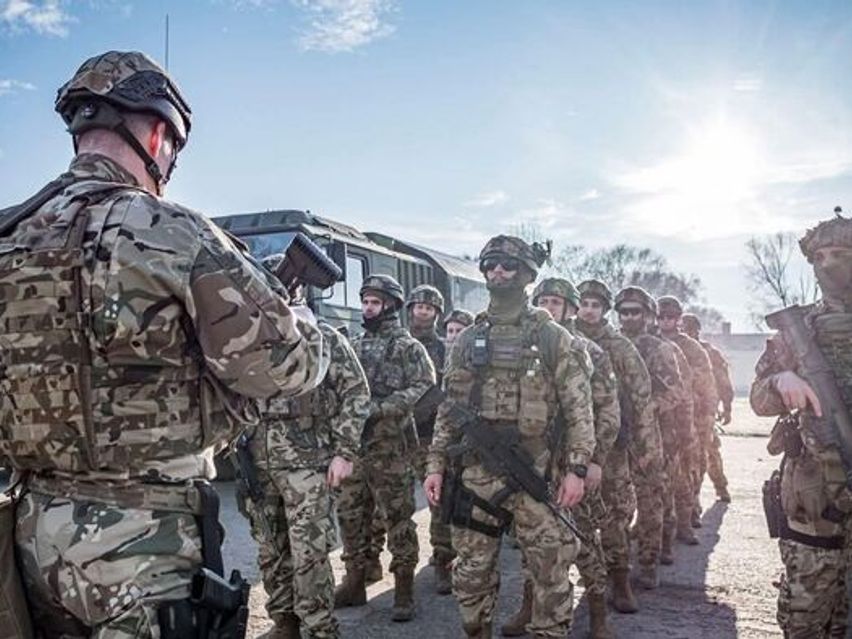

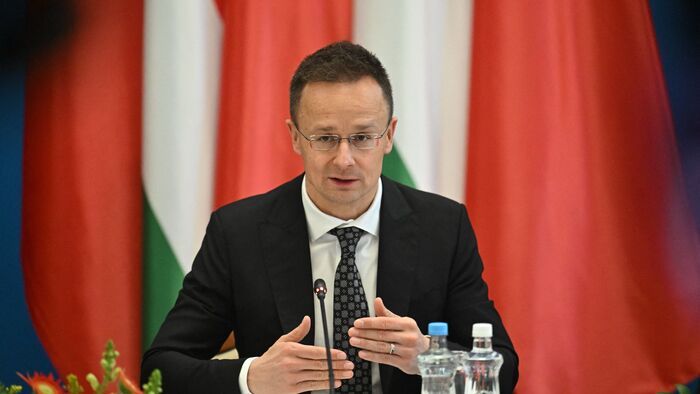





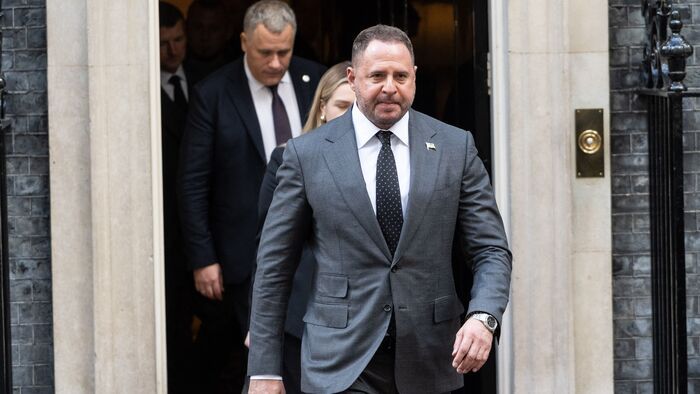
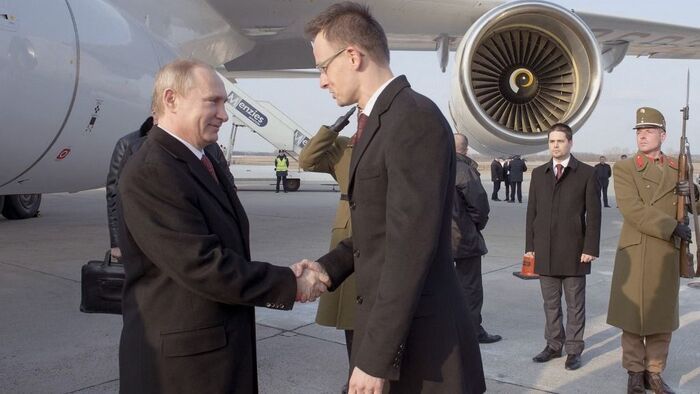
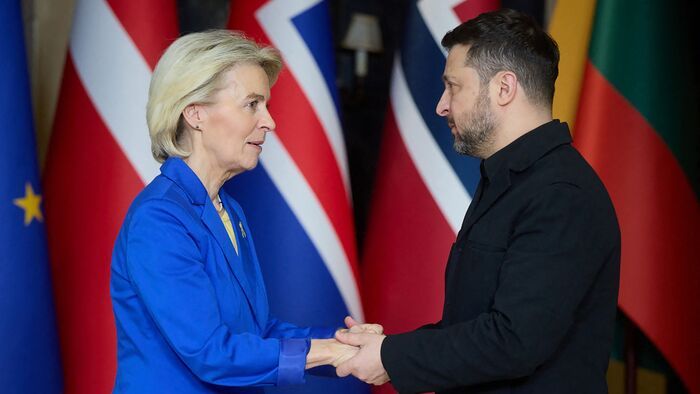


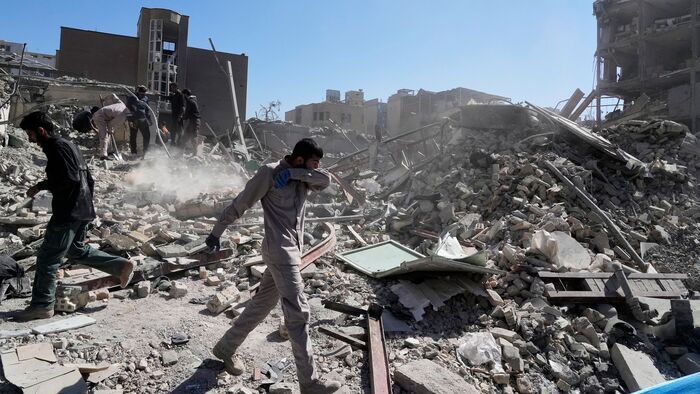
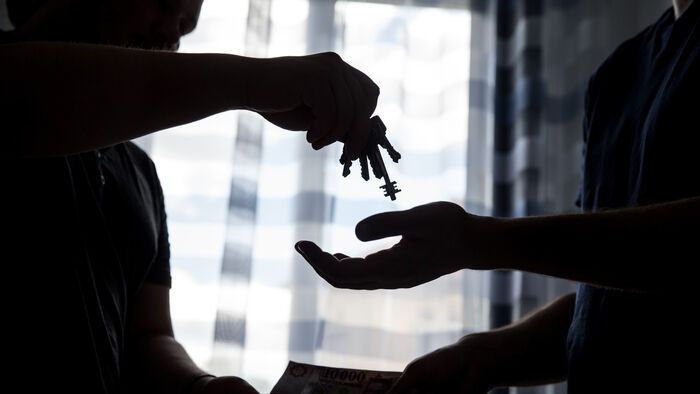

Szóljon hozzá!
Jelenleg csak a hozzászólások egy kis részét látja. Hozzászóláshoz és a további kommentek megtekintéséhez lépjen be, vagy regisztráljon!